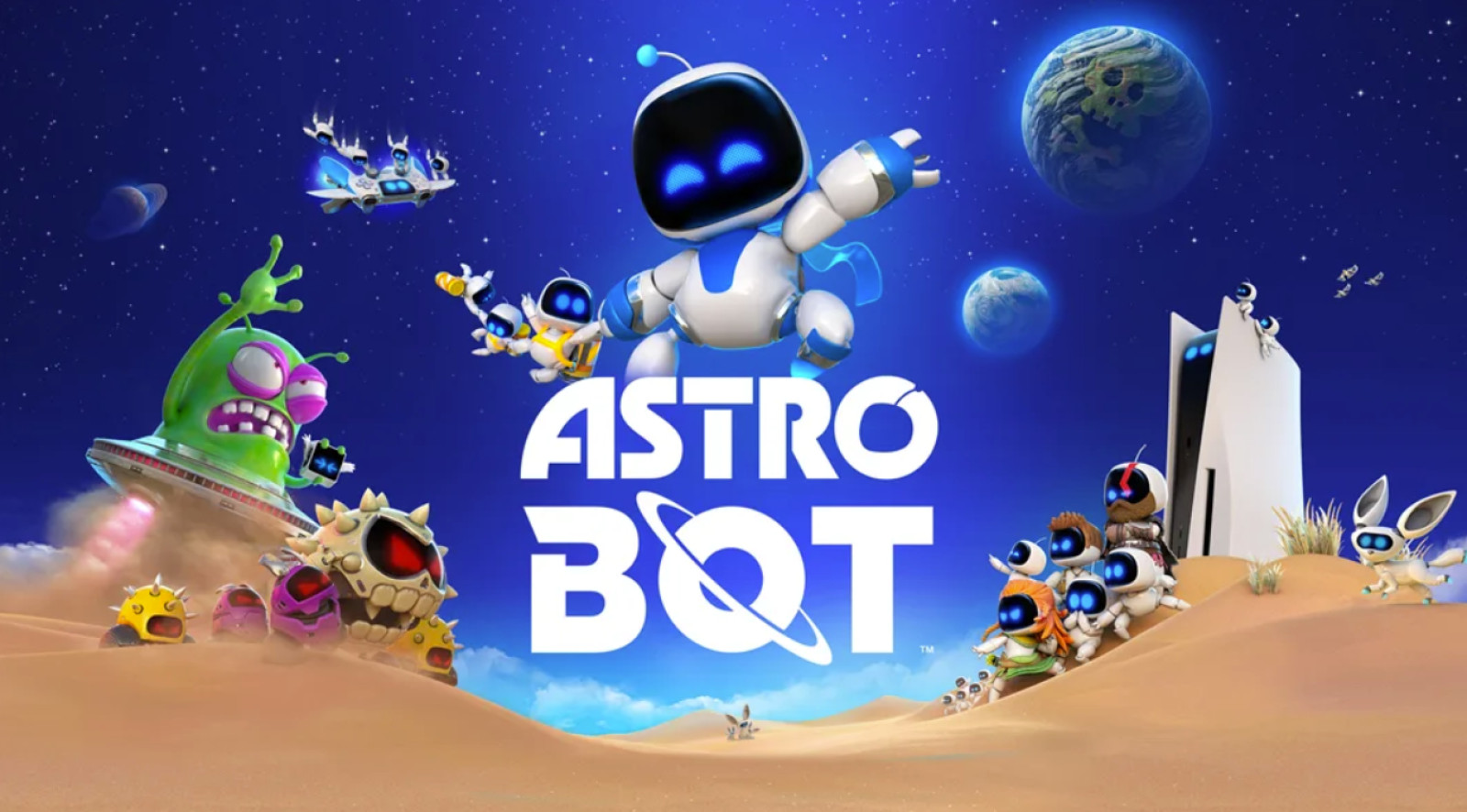PlayStation shifts lanes, letting its family-friendly ambitions known

Photo: Sony Interactive Entertainment

Sony’s second State of Play marketing event of 2024 has increased anticipation for the company’s upcoming game releases. The roughly 30-minute presentation advertised 14 games consumers can look forward to in 2024 and 2025.
The announcements reinforced three of the core PlayStation Studios strategies laid out in Sony’s recent Business Segment Meeting 2024:
- Multi-format: Extending IP to new game platforms (as shown in the State of Play promoting God of War Ragnarök’s PC launch and Until Dawn’s multi-format launch)
- Business model optimisation: Bolstering its internal live-service capabilities (Concord)
- Intellectual property (IP): Continuing to enhance its portfolio of recognisable franchises (like the new Astro Bot title – more on that later)
Key points from PlayStation’s May 2024 State of Play
While the State of Play noticeably lacked revelations and bombshells, it emphasised key points about the short-term future of content on PlayStation:
- Third-parties leading the way: Sony leadership previously announced there would be no new major franchise PS5 launches before April 2025, and the State of Play confirmed this with a mix of third-party content and lesser-known first-party IP. Of the 14 games shown, 10 are third party
- Only one new first-party single-player game: The above means just four State of Play titles were PlayStation Studios games (Astro Bot is the only new game, God of War is a PC port, Until Dawn is a remake from a second-party studio, and Concord is live service)
- Nostalgia galore: Speaking of remakes, the event featured two: Silent Hill 2 and Until Dawn. Remakes are typically more affordable to develop than new titles and come with the benefit of a preexisting fanbase, but they are also an opportunity cost for building new experiences and building newer IP
- PlayStation’s commitment to VR is uncertain: Since the PSVR 2 launched last year, it has had one PlayStation Studios game. Even Astro Bot, a franchise that launched on VR, is flat screen. PlayStation is simply not leveraging its big franchises for VR, has reportedly stopped production of the PSVR 2, and is even releasing a PC adapter for the PSVR2. These indicators suggest PlayStation is stepping back from VR
The key takeaway from the event: the next 12 months will be a quiet content period for PlayStation and the games market at large, owing to spiralling development costs and timelines.
Third parties, live-service games, and – to a lesser extent – annual recurring revenues from subscriptions are more than enough to keep engagement and revenues afloat, but the content draught will limit console revenue growth.
Longer term, the launch of Grand Theft Auto VI and the Switch 2 – as well as publishers continuing to adapt to growth challenges and swelling budgets – will help the market course-correct.
Astro Bot: A future core IP for PlayStation?
According to Hermen Hulst, head of PlayStation Studios, PlayStation’s north star for the coming period will be to ‘’expand audience reach and engagement through new formats and experiences’’.
To that end, the State of Play trailer that made the biggest splash – apart from Monster Hunter Wilds – was AstroBot, PlayStation’s major single-player release for the year.
Featured Report
Cultural movements A new take on mainstream for the fragmentation era
Entertainment has become nichified, mainstream has become smaller, and audiences have fragmented. While this has been crucial to the rise of the long tail and the creator economy, there is a need for a...
Find out more…Astro Bot is a charming 3D platformer title that takes more than a few cues from the mainline Mario games. The trailer’s family-friendly vibe is palpable, and the game conveniently hits (digital) shelves in September, right before the holiday period kicks off.
Sony’s Business Segment Meeting 2024 materials call Astro Bot an ‘’emerging IP’’, so its ambitions are clear. Most PlayStation 5 users have already been exposed to this IP via the well-received free PS5 game, Astro’s Playroom, giving the upcoming Astro Bot a headstart.
The Astro franchise also leans heavily on nostalgia across PlayStation’s 30-year history of hardware and IP, including some deep cuts for superfans. This helps Astro appeal to PlayStation enthusiasts – as well as platforming fans and a key audience PlayStation has neglected as of late: very young players.
Kid-friendly games are a missing first-party value proposition for PlayStation – but not its competition
Of all the 15 PlayStation franchises outlined in the image below (Source: Sony Business Segment Meeting 2024), only three are content-suitable for very young kids: Astro Bot, Gran Turismo, and MLB: The Show, with the latter two being realism-based sports/racing games mostly targetting older consumers.
Nintendo’s bread and butter is its family-orientated franchises like Mario, Pokémon, and Splatoon, while Xbox owns Minecraft (the best-selling premium game ever and a phenomenon among younger players).
PlayStation is lagging behind the competition when it comes to games aimed at very young players. Its first-party emphasis on mature big-budget prestige games like Ghost of Tsushima, The Last of Us, and God of War – as well as new live-service strategies and VR – means PlayStation Studios is not catering to very young audiences.
Even PlayStation’s Spider-Man games, which some children of course play, have a more mature take and are aimed at teens and above. PlayStation’s previously popular kid-friendly franchise and mascot, Little Big Planet and Sackboy, have stagnated, while Ratchet & Clank has arguably struggled to grow beyond a niche, albeit important, franchise.
Astro could flourish into the kid-friendly mascot PlayStation has been missing in more recent generations.
Astro and Sony’s new strategy: Segmenting tentpole, transformational, and experimental content
To help course-correct its game-type tunnel vision, PlayStation has begun separating its content portfolio into three distinct segments:
The idea is that the foundation of tentpole releases, like Horizon and The Last of Us, will be complemented by transformational games (live-service titles Helldivers 2 and Concord) and experimental titles like Astro Bot, which show off innovation and target untapped audiences.
PlayStation is clearly looking to recapture some lost kid-friendly ground with Astro Bot. However, one aspect of PlayStation’s IP playbook is missing: cross-media.
PlayStation might be waiting to see how the market receives Astro later this year before doubling down on it as a growth franchise with a TV show. Or perhaps it is letting a potential distributor announce potential crossmedia Astro content. One thing is clear, however: Astro has (cross-media) potential and certainly fills an IP gap for PlayStation.
Sony has its mature prestige, live-service, and third-party ducks in a row already, but to truly achieve its growth goals towards 2026 and beyond, it needs to continue catering to untapped segments and audiences.
Looking to cater to new audiences yourself? You need to profile audiences first! To find out how check out this report.

The discussion around this post has not yet got started, be the first to add an opinion.